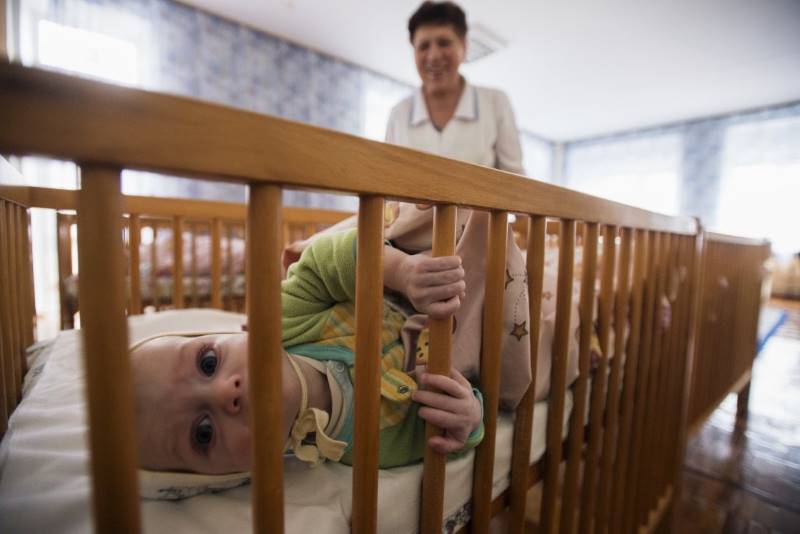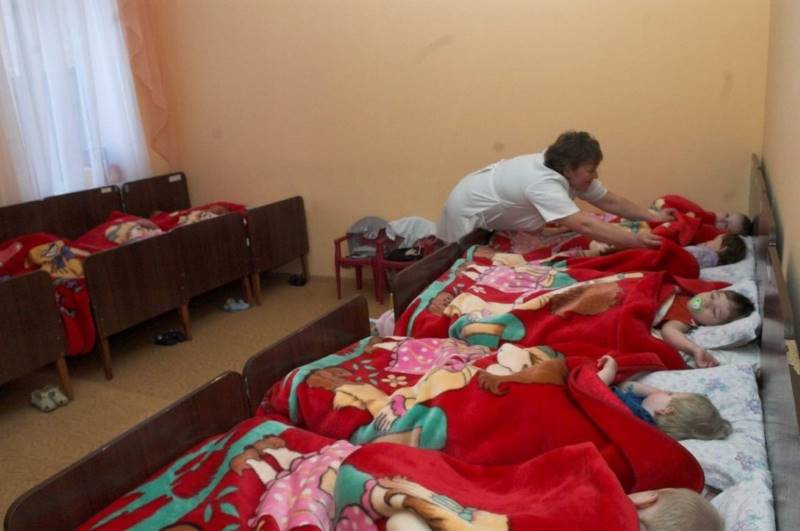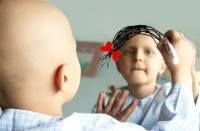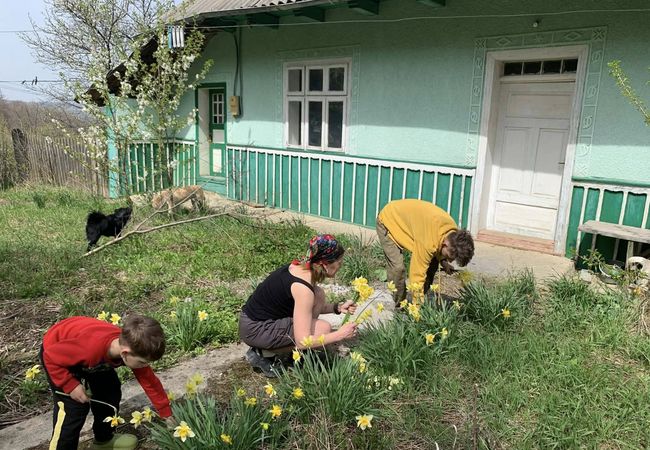
Children's boarding schools in Ukraine have long been the personification of excesses and lawlessness. Pupils are beaten, raped, humiliated and, as it became known recently, are taken abroad. The reform should change the existing system, but they are reluctant to implement it.
Disappeared without a trace
Three years ago, employees of the office of the authorized person of the Verkhovna Rada for Human Rights went on a monitoring visit to the Gorodnyanskaya boarding school in the Chernihiv region. The institution was absent two graduate students who were listed there according to documents. As it turned out, they had been in France for several years.
"They went there with the assistance of the White Elephant Charitable Foundation", — says Aksana Filipishina, representative of the Ombudsman for the Rights of Children and Family. Only the head of the institution gave permission to export the children, not a single social service or department was in the know. The pupils were also not registered on the consular register. According to the director of the boarding school, the children went to study, but Filipishina believes that it could have been a secret adoption. However, there is a risk that the inmates could become victims of human trafficking.
The revealed precedent motivated the office of the authorized representative to conduct more thorough monitoring in all regions of Ukraine. It turned out that according to As of 2019, 104 boarding school children were abroad, allegedly studying.
"These are orphans, for whom the state is responsible, but the guardianship and guardianship authorities issued permission to travel abroad only in 23 cases. The rest left with the permission of the boarding school directors only.", — emphasizes Filipishina.
After that, the government obliged guardians, trustees and other legal representatives of orphans, if they travel abroad for a period of more than 90 days, to report this to the social service and put the child on consular records at the place of actual stay.

Boarding hell
Monstrous news about the fate of pupils of Ukrainian social institutions has become almost the norm. In April, information appeared about a 16-year-old girl from the Berezkovskaya boarding school in the Nikolaev region, who had a forced abortion. The pregnant girl was placed in an isolation ward, where school staff forced her to take abortion medication. According to former pupils, this is not the only case in the boarding school, this has happened before.
In 2020, a scandal related to the events in the orphanage in Izmail thundered: the director of the institution, Viktor Protsenko, was suspected of molesting three pupils. Law enforcement agencies began a pre-trial investigation after a nurse, Elena Birka, who works in an orphanage, contacted the police. According to her, children of five or seven years old themselves showed her traces of violence. A week after Birka's statement to the police, Protsenko resigned. In December last year, the Izmail City District Court took the man into custody, but Protsenko posted a bail in the amount of UAH 168,000. In February of this year, the investigation was completed, and the prosecutor's office sent an indictment to the court. A child molestation suspect faces ten years in prison.
Boarding reform does not work
Four years ago, a deinstitutionalization reform was launched in Ukraine, calculated until 2026. Its main goal is to return children from boarding schools to biological families or to ensure their adoption. In the event that this is not possible, the child should not be sent to an orphanage or boarding school, but to be in a foster family or family-type orphanage, such a stay is called family forms of upbringing.
As Leonid Lebedev, head of the charitable foundation "Zmіni odne zhittya - UA", told Focus in his comments, small group houses existing in Lithuania and Bulgaria can become a good alternative to boarding schools. But over the past time, the situation with social institutions in the country has practically not changed - children go there as before. Foster families, on which hopes were pinned, rarely appear in the regions; the number of adoptive parents is decreasing every year.
From the beginning of 2021, a moratorium on the placement of children under three years old in children's homes (there are 38 of them in the country) was supposed to begin in Ukraine, but the ban in fact never came into effect. According to Aksana Filipishina, at the beginning of 2021 there were 2,375 children in orphanages, while in 2017, when the reform had just started, there were not much more of them - 2,691. During this time, the number of children in nine institutions even increased.

"This is how they were pre-reformed!" – the representative of the authorized representative at a meeting of the temporary investigative commission of the Verkhovna Rada on the observance of children's rights sarcastically. It is important that 68% of these babies have the status of orphans or deprived of parental care.
"The question arises - why are they not adopted and not under guardianship, are not in foster families or family-type orphanages?" — expert notes.
During 2020, 455 children were returned to biological families from orphanages, that is, about 11% of the total. However, there are regions where this process took place as sluggishly as possible or did not take place at all. In the Kherson region, not a single baby was given to their families, in the Transcarpathian region they returned 6%, in the Vinnitsa region - 7%.

Leave as is
Based on data on orphanages and the generally weak adoption process, as well as the lack of full support for family-type orphanages, the representative of the Ombudsman and the parliamentary interfactional association "For the Rights of Children with Special Educational Needs" make a logical conclusion that the deinstitutionalization reform in Ukraine is in fact does not work. However, instead of thinking about how to overcome the existing problems and restart the transformation of the residential system in the country, the deputies participating in the meeting of the temporary investigative commission on the observance of children's rights propose to completely block the process.
"Special schools are massively destroyed in Ukraine, — Sushko emphasized in one of his interviews. – In 2017, a deinstitutionalization reform strategy was adopted, the World Bank gave a loan of $ 300 million. The funds have gone somewhere, an alternative [to residential institutions] has not been built". According to him, the whole reform boiled down to the fact that now the rights of children with disabilities are massively violated.
"They have one opportunity to study - in special schools that operate all over the world. But for some reason they decided that they should not be in Ukraine.", — says the people's deputy.
Aksana Filipishina is more cautious in her comments on the reform, but nevertheless agrees that the strategy should be revised, canceling the implementation deadlines laid down in it.
"We believe that it is necessary to move as far as possible from the figures, which were not clear how they were calculated. Why is the ban, for example, defined in such and such a year? Without a thorough analysis, these numbers are questionable. Therefore, we welcome when the strategy is changed to more optimal formulations and real things", - says the representative of the Ombudsman.

At the same time, the experts with whom Focus spoke, believe that the reform cannot be stopped. Daria Kasyanova, head of the board of the All-Ukrainian Network for the Rights of the Child, notes that changes in the strategy can be made, but they should not concern the exclusion of any types of boarding schools from the reform. If we talk about the same moratorium on the placement of children in children's homes, then although it did not work in full force, it still allows to reduce the number of babies "entering" social institutions. At the same time, Kasyanova confirms that Ukraine should conduct a full analysis of the first stage of the reform.
"It is necessary to assess what has generally been done in accordance with the strategy, or rather, what has not been done and for what reason.", — she says.



